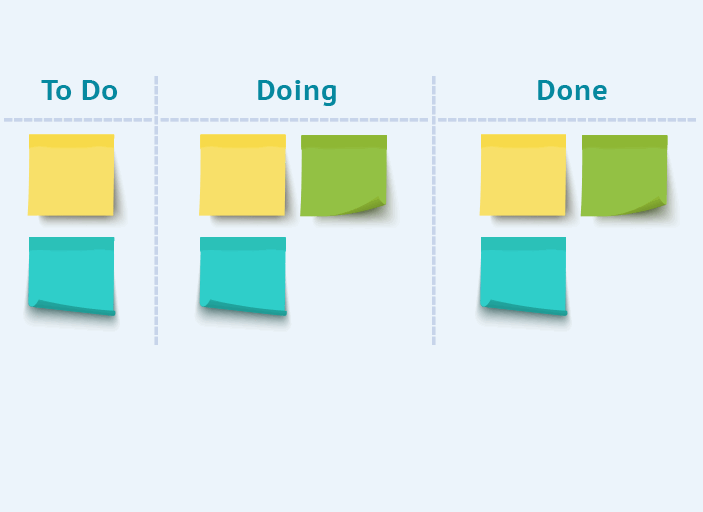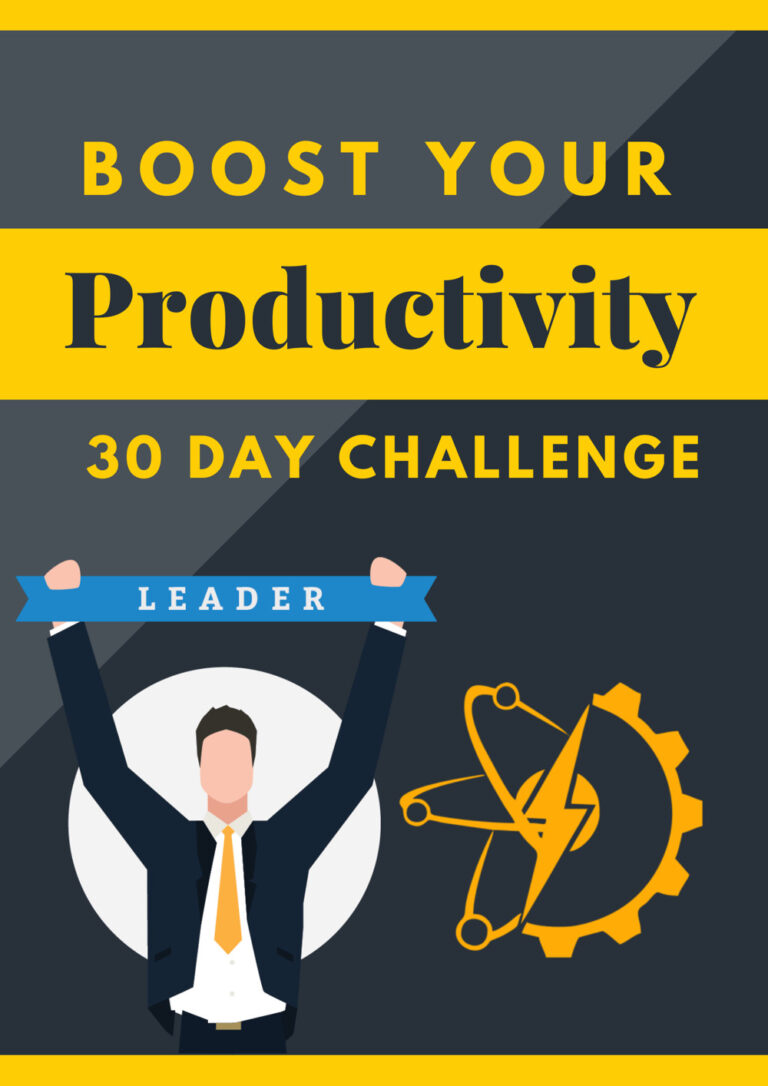In our series dedicated to help you diagnose your own productivity challenges, and work smarter, we reviews many techniques to...
Work Smarter
In our series dedicated to help you diagnose your own productivity challenges, and work smarter: The Kanban system. In...
In our series dedicated to help you diagnose your own productivity challenges, and work smarter: The Pomodoro technique. (more…)
In our series dedicated to help you diagnose your own productivity challenges, and work smarter: create ‘if-thens’. (more…)
In our series dedicated to help you diagnose your own productivity challenges, and work smarter: Closed Loop culture. (more…)
In our series dedicated to help you diagnose your own productivity challenges, we covered the ‘Bucket Method’, a simple yet...
In our series dedicated to help you diagnose your own productivity challenges, and work smarter: the Bucket Method. This course...
In our series dedicated to help you diagnose your own productivity challenges, and work smarter: the MIT method. This course...
In our series dedicated to help you diagnose your own productivity challenges, and work smarter: Time Awareness. This course will...
Learn to diagnose your own productivity challenges and walk away with tools for improving your time awareness, prioritization, organization, and...













